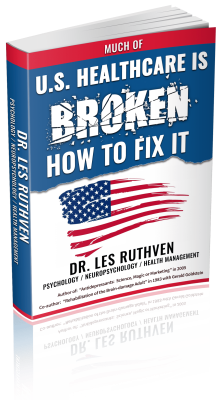Last updated on January 8th, 2024 at 10:00 am
This was a large study that appeared in the J. Pharmacol. Pharmacother. in Dec. 2013. 543 mostly white women took a steroid drug (zuranolone 50 mg/daily) for 14 days. The subjects met criteria for Major Depression and 30 % were taking antidepressants at the time of the study. Steroid and placebo subjects took the HAM-D 17 item depression rating scale prior to and on the 14th day to measure symptom reduction.
Steroid subjects had a depression symptom reduction of -14.1 vs. -12.3 for inert placebo subjects, which is statistically significant if not clinically meaningful in favor of the drug. The writer has found that the FDA typically approves therapies if the therapy is statistically superior to the placebo as in this steroid/depression study; however, psychologists who are trained in science insist on a higher standard of proof, a minimum of at least one standard deviation of the therapy over the mean of the placebo group!
Improvements in favor of the steroid over placebo were observed on day 3 and were sustained through follow-up on day 42.
Noteworthy from this study is the fact that entirely two different drug classes (steroids and antidepressants) produce a similar degree of depression symptom reduction.
How can this be explained? These two drug classes have at least one property in common, that is, both drug classes impair the brain. Just about any brain impairment affects one’s ability to focus, which suggests the drug has a major distraction quality to it; the steroid would distract one from the pain to some degree while in the antidepressant the distraction might be to whatever psychosocial factors are giving rise to the mood problem of the moment.
The investigators, in explaining the results, hypothesized how the steroid worked to reduce depressive symptoms. The steroid “affected the processes of learning and memory through interaction with specific receptors located in the prefrontal cortex, hippocampus and basolateral amygdala”.
This science sounding “explanation” of steroid action I am sure would have greater appeal to the average physician than my explanation but when two theories explain the same set of facts the simpler one is usually more correct.
Moreover, how can depression be referred to as a disease when two different drug classes, operating differently on the body and brain, seem equivalent in reducing symptoms only a little better than placebo?


